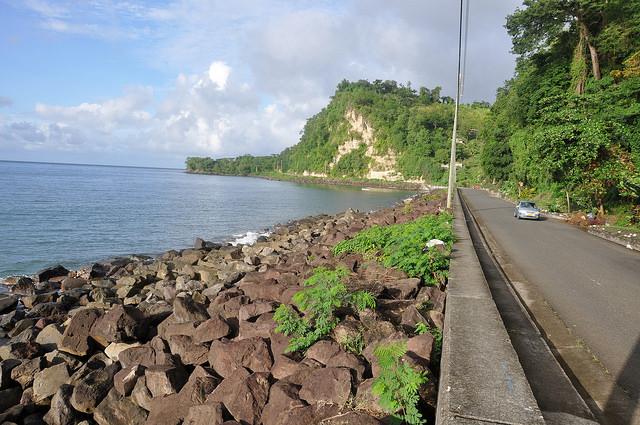Developing Countries are looking to speed up their national plans to adapt to climate change as governments increasingly identify severe climate impacts as the major challenge to global security and economies. Current experiences and challenges on this subject were the focus of intensive discussion and learning sessions at this year’s NAP Expo, in Bonn, Germany, from 14-15 April.
Each year, the NAP Expo looks at shared challenges identified by developing countries working on mid- to long-term adaptation planning and implementation under the National Adaptation Plan (NAP) process of the United Nations Framework Convention on Climate Change (UNFCCC).
Participants’ responses this year can be summed up in several key messages, sending clear signals:
- that many countries are embarking on their NAP process and there are several forms of technical support; nonetheless, they need financial support to make concrete progress on their NAPs;
- that, for effective planning processes, they need a robust mandate, strengthened institutions, cooperation and collaboration, coherence with relevant processes such as those under the Green Climate Fund;
- that there is useful learning from things that did not work well, especially as success is not easy to identify;
- that some adaptation options will require significant investment; and
- that engagement with multiple stakeholders is key and there is a need to focus and prioritize on vulnerable groups.
Approaches for addressing common risks and vulnerabilities at the regional level are emerging, including through south-south cooperation and through regional initiatives supported by regional centres and networks., which is proving effective.
Over 150 participants attended the meeting, organised by the Least Developed Countries Expert Group (LEG) of the UNFCCC and an advisory group that included the Adaptation Committee.
The objectives of the National Adaptation Plan process are to reduce vulnerability to the impacts of climate change by building adaptive capacity, and to facilitate the integration of climate change adaptation, into new and existing policies, programmes and activities, in particular development planning processes and strategies.
The NAP process provides a new opportunity for countries to formulate comprehensive adaptation plans that cut across sectors, are tightly linked to major development priorities, and take a medium- to long-term approach.
For more information, see the special NAP Expo interactive page and the dedicated page on the UNFCCC web site.









